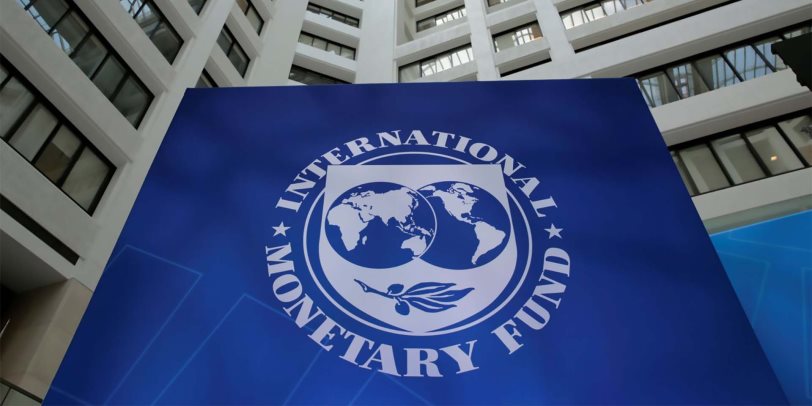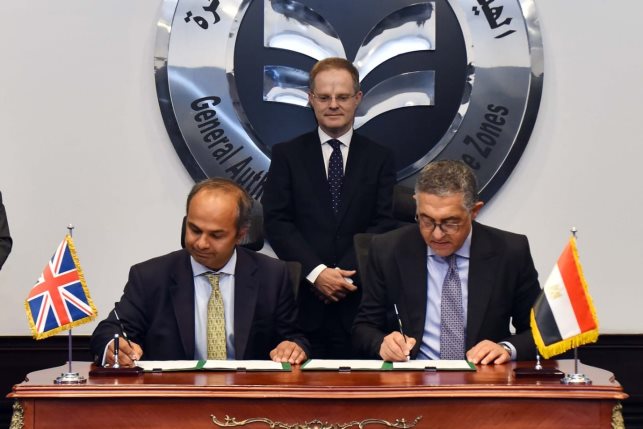Egypt ranked as 2nd top Arab economy: IMF
The total sum of the region’s 19 countries amounts to $2.4 trillion, as monitored by the IMF, with the Saudi economy valued at $701.5 billion

Egypt continues to outperform regional neighbors, announced the International Monetary Fund (IMF), with Egypt ranking as 2020’s second place largest economies in the Arab world, according to the fund.
In a report released today, the IMF stated that the size of the Egyptian economy reached $361.8 billion to become the second largest Arab economy last year.
The total sum of the region’s 19 countries amounts to $2.4 trillion, as monitored by the IMF, with the Saudi economy valued at $701.5 billion.
Egypt ranks above other regional economies such as UAE, Iraq and Qatar.
The UAE’s economy came in third place after the Egyptian economy, with a value of $354.3 billion, then the Iraqi economy ranked fourth with a value of $172.1 billion. The Qatari economy ranked fifth with a value of $146.1 billion, followed by the Algerian economy with $144.3 billion, ranking sixth.
In last week’s April 2021 Middle East and Central Asia Department Press Briefing, IMF’s Deputy Director for the Middle East and Central Asia Department, Taline Koranchelian stressed on the importance to make maintaining and supporting the economy’s recovery a priority, particularly due to high public debt.
The International Monetary Fund indicated that the Moroccan economy ranked seventh with a value of $113.5 billion, then the Kuwaiti economy, $107.9 billion, the Omani economy, $63.2 billion, followed by the Jordanian economy, $43.5 billion, and the Tunisian economy, $39.6 billion.
The size of the Sudanese economy reached $34.4 billion, followed by the Bahraini economy $33.9 billion, then the Libyan economy $21.8 billion, the Yemeni $20.1 billion, the Lebanese $19.1 billion, the Palestinian $15.5 billion, the Mauritanian $8.2 billion, and finally the Djibouti economy $3.4 billion.





